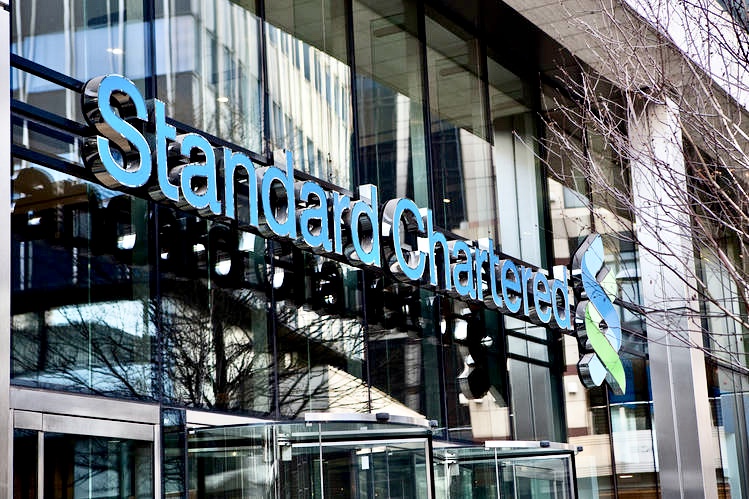Amidst a COVID19 pandemic, Zambia’s commercial bank earnings season reveals a deteriorating credit environment that is taking a toll on financial institutions performance. According to quarterly published financial statements, Standard Chartered Bank Zambia Plc’s after tax earnings slid to a record loss observed in over two decades on account of widened credit impairments and increased non – interest expenses.
Inferring from the credit environment, it is likely that the banks credit modeling reflected the sovereign downgrade costing it a higher impairment stock which could also be linked to a lowered credit assessment on a sector or counterparty name.
The Lusaka Securities Exchange listed bank incurred a K185.8million loss from a K69.5million profit a year ago. Denting the earnings number was an K86.9million credit impairment stock compared with a release of K15.7million (1Q19). Compared to fourth quarter of 2019, credit impairments grew 7.4%. Further eroding gains, speculatively, were the restructures and remodeling’s that the bank underwent in the first quarter widening its non – interest expense line by 120% to K345.2million.
Total revenues however declined 33.2% to K181.79million weighed by softer non – interest revenue growth by 20% exacerbated by a lower fee and commission line momentum as the bank grapples with autopsy effects of the unwarranted fee directive by the central bank coupled with a flat foreign exchange trading income contribution. Interest income rallied 20.7% to K296.8million while interest expense rose 30% to K94.6million in an environment with an elevated Kwacha yield curve.
Standard Chartered banks annual credit book growth in the first quarter remained flat at K2.9billion.
The Kwacha Arbitrageur

